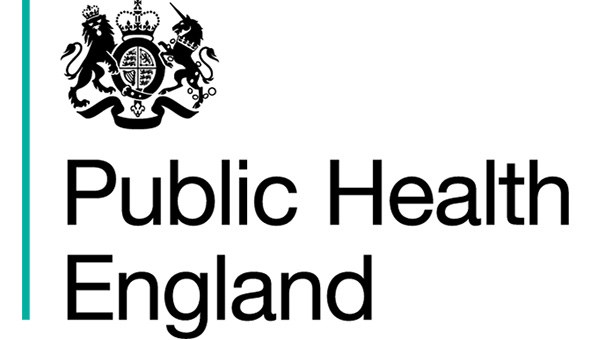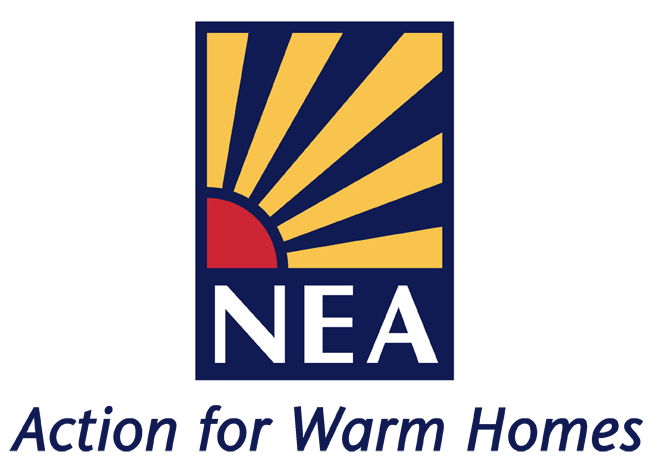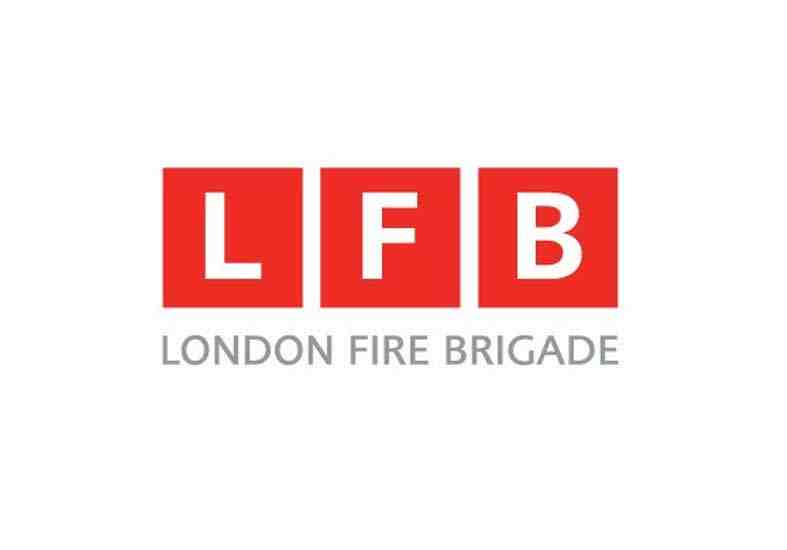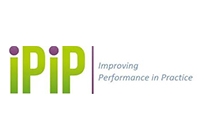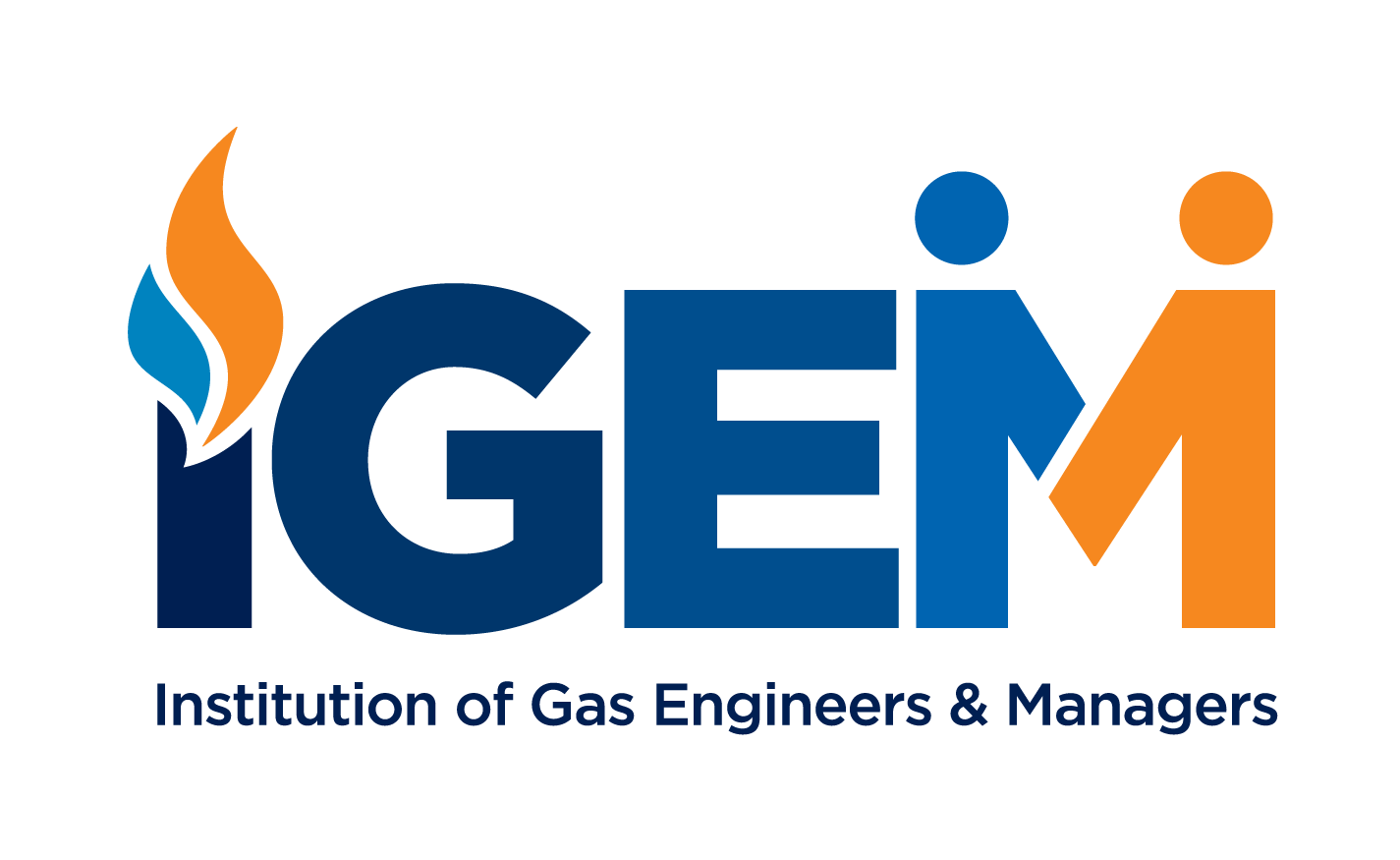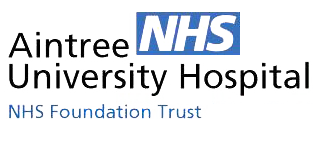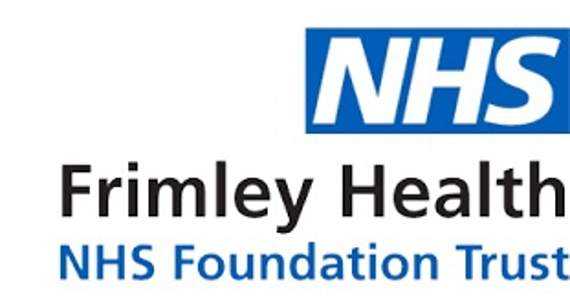
This project has been carried out by the Institute of Occupational Medicine (IOM) for the CO Research Trust on the current state of play for the regulatory and policy landscape and incident data for Carbon Monoxide (CO) in domestic settings in the UK.
A literature review, stakeholder engagement and Freedom of Information (FOI) requests to health authorities and emergency services have been carried out.
The current regulatory and policy landscape for solid fuels has been divided into four sub-sections:
- The manufacture of appliances (dominantly CE (soon to be CA)) markings and Ecodesign requirements
- The safety of appliances (covered under the General Product Safety Regulations, 2005)
- Installation (predominantly the Building Regulations)
- Legislation relating to solid fuels (air quality regulations)
For the gas sector, the regulatory and policy landscape is more developed than that for solid fuel. Key differences between the solid fuel and gas regulations are the requirements to report gas incidents under RIDDOR; there is no equivalent reporting requirements for solid fuel incidents and for enforcement of solid fuel regulations.
Incident data for solid fuel CO incidents is limited. Data is available from the literature, health care providers, National Poisons Information Service (FOI) and from some Fire and Rescue Services (FRS) and ambulance services for the total numbers of CO incidents attended.
However, to understand the number of CO incidents from solid fuels, there are only a limited number of publicly available sources (such as the CO Research Trust’s Downstream Incident Data Report (DIDR) and the CO and Gas Safety Society).
FOI requests for solid fuel CO incidents have resulted in incident data from a small number of FRSs; not all groups were able to supply this data and where available, the quality of the data varied.
The lack of mandatory reporting, different requirements/methods between services and data collection for solid fuel incidents means that it is not possible to state the numbers of incidents and fatalities relating to the use of solid fuel. Gas CO incident numbers are slightly better understood thanks to the RIDDOR reporting requirements, although it is accepted that there are gas related incidents that do not get captured, and there are the same issues for reporting for the emergency services as for solid fuel.
A number of action points for future work have been developed for the regulatory and policy landscape, incident data and research opportunities.
These are as follows:
- Regulatory and policy landscape:
- Improving awareness of relevant regulations, through guidance documents and training/education of parties in the solid fuel sector.
- Regulations need to consider social housing and changes in leisure such as glamping. There is also potential for improving regulations for CO alarm positioning.
- Possibility of RIDDOR Regulations bringing solid fuel incidents into scope.
- Collation and reporting of incident data:
- Development of a standardised data collection digital template for recording solid fuel CO incidents for use by relevant parties (such as emergency services). This would also involve trialling the template with a range of stakeholders who are involved in inputting data in the template and those involved in the data analysis to ensure ease of use and collation of all relevant data. The development of a standardised database would allow data to be collected consistently throughout the UK and allow an accurate number of incidents to be collated/reported.
- Development of a centralised database for recording solid fuel CO incidences with an authority/organisation being responsible for the database. This would also allow data to be visible and accessible to relevant stakeholders.
- Requiring the mandatory reporting of solid fuel incidences, such as in the gas sector (RIDDOR).
- Future Research Opportunities:
- Provide awareness to relevant stakeholders for the monitoring of appliances and for burning solid fuels safely to consumers and users.
- Conducting research on solid fuel appliances to see if they are working correctly and investigating if appliances remain safe over time.
- Providing awareness to consumers and users on potential CO exposure, appliance usage, monitoring and maintenance.
The full report is available to download below.
For a link to the IOM website, please click here.








